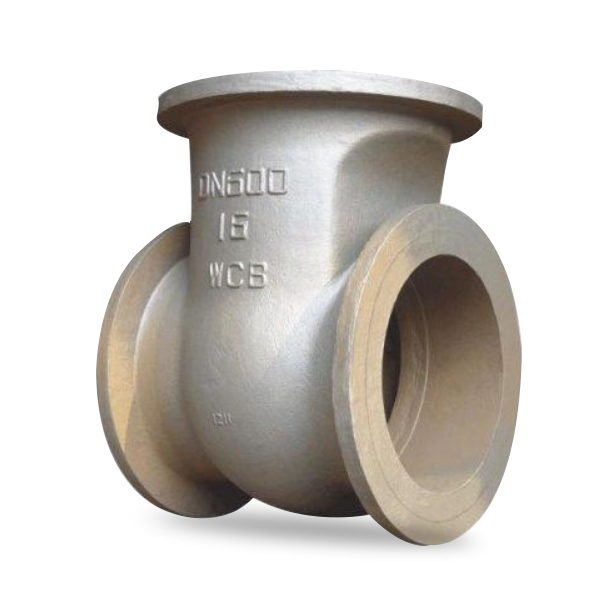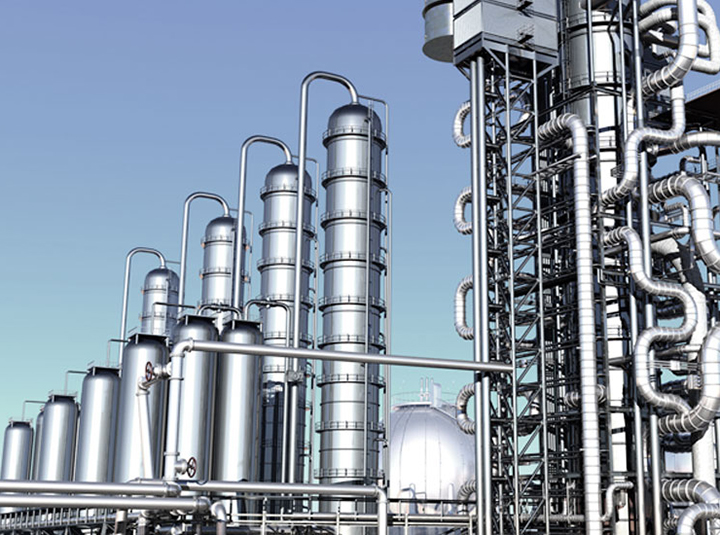In the realm of industrial fluid systems, gate valves hold a prominent position due to their versatility and reliability. As a leading gate valve manufacturer, we take pride in providing high-quality solutions that cater to a wide range of applications. This comprehensive guide will delve into the intricacies of gate valve designs, materials, and the diverse industries they serve.
Types of Gate Valves
Gate valves are classified into three primary types based on their design:
Rising Stem: The operating stem moves upward as the gate is opened, providing visual indication of the valve's position.
Non-Rising Stem:The stem remains stationary while the gate moves. An indicator typically extends from the bonnet to indicate the valve's position.
Knife Gate:The gate has a sharp, knife-like edge that cuts through viscous or abrasive media, making them suitable for slurry and sludge applications.
Materials of Construction
The performance of gate valves is highly dependent on the material used in their construction. Common options include:
Cast Iron:Durable and corrosion-resistant, suitable for water, wastewater, and low-pressure steam applications.
Steel:Exhibits high strength and is ideal for high-pressure systems handling corrosive fluids.
Stainless Steel:Provides superior corrosion resistance and is commonly used in sanitary, food processing, and chemical industries.
Bronze:Resists saltwater and is often employed in marine and industrial applications.
PVC:Lightweight and resistant to chemicals, making it suitable for irrigation, plumbing, and wastewater treatment.
Applications in Various Industries
Gate valves play a crucial role in a diverse array of industries, including:
Water and Wastewater Treatment:Control water flow in distribution systems, pump stations, and treatment facilities.
Power Generation:Regulate steam flow in boilers, turbines, and piping systems.
Petrochemical:Isolate and divert fluids in refining, processing, and transportation operations.
Food Processing:Maintain sanitation and quality by controlling the flow of liquids and gases in food production lines.
Chemical Plants:Handle corrosive and hazardous chemicals, ensuring safety and environmental protection.
Oil and Gas:Facilitate the transportation and control of crude oil, natural gas, and refined products.
Choosing the Right Gate Valve
Selecting the appropriate gate valve depends on the specific application requirements. Factors to consider include:
Pressure and temperature ratings
Media compatibility
Valve size and orientation
Actuation method (manual, electric, or pneumatic)
Installation and maintenance considerations
Quality and Reliability
As a leading gate valve manufacturer, we prioritize quality and reliability in every aspect of our operations. Our valves undergo rigorous testing and inspections to meet industry standards and customer specifications. By partnering with us, you can ensure the performance, longevity, and safety of your fluid systems.
Conclusion
Gate valves are critical components in industrial fluid systems, providing reliable flow control and isolation. As a renowned gate valve manufacturer, we offer a comprehensive range of solutions tailored to meet the unique demands of various industries. Our commitment to quality and customer satisfaction makes us a trusted partner for all your gate valve requirements.









